Estimated reading time: 7 minutes
Composting allows you to make your own organic fertilizer by decomposing waste from your garden and food scraps from your kitchen. Not only do you reduce waste in the trash, but you also save money by creating compost at home for free. Bagged compost from garden nurseries isn't cheap!
You can compost almost anything organic, but you still need to learn about the things you should not compost (or should avoid composting in large quantities). The quality of your compost is only as good as the materials you add and the balance you create.
Want to save this post for later? Click Here to Pin It on Pinterest!
Are you reading to find out what you should never compost? Keep reading…
Things You Shouldn't Compost
1. Cat and Dog Poop
It can be confusing because horse, cow, chicken, and rabbit manure are all great additions to your compost because they contribute nutrients that will help your soil. Cat and dog poop is not in that category because their waste adds dangerous microorganisms and parasites to the ground. Remember, you're going to eat the crops from those plants.
You should compost dog and cat poop in a separate compost pile. You can find composters just for pet waste. Then, you can only use this compost on non-food crops.
2. Tea Bags
Tea leaves belong in the compost pile because they contribute nitrogen, potassium, and phosphorous, all of which are essential for proper plant growth. However, tea leaves should be added to the compost bagless.
Why? The bags that come with your tea contain synthetic fibers that won't break down over time. You don't want that in your soil. You can compost tea bags made of natural materials, such as cotton or hemp, but be sure to double check.
3. Meat Scraps
Don't add meat or fish scraps to your compost. While they might be organic and could add nutrients to your garden, the smell attracts rats, foxes, raccoons, and other critters to your compost pile. To avoid the stink along with any animals that might cause problems, don't put any meat scraps in your compost pile.
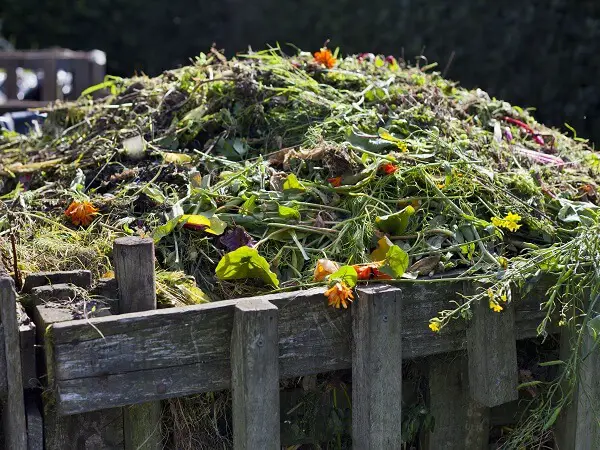
4. Bakery Products
Cakes and pastries might be delicious, but they'll attract all kinds of pests, insects, and animals. You can compost a slice of bread and dried pasta. However, you need to make sure you bury it in the compost well to stop the friendly visits from your neighborhood raccoon.
5. Glossy or Coated Paper
Many paper products can be added to your compost with no worries, such as soy-ink newspaper and old paper towels. Shredded cardboard works as well because all of these paper products come from trees.
Paper that has a plastic-like coating to make it bright or colorful won’t decompose and contains toxins. It’s not a good idea to put that paper in your compost. Examples are magazines and wrapping paper.
6. Coal Fire Ash
While you can add ash from a wood fire, don’t add ash from coal fires or charcoal-briquet fires because it contains too much sulfur. Coal fire ash will make your soil way too acidic, which can be harmful to your plants. Also, many charcoal brands treat their charcoal with chemicals that won’t be good in your garden.
7. Non-Biodegradable Materials
Don’t add materials that don’t biodegrade, such as:
- Plastic
- Glass
- Aluminum Foil
- Metal
Tossing these items into a compost pile is a bad idea because they’ll never break down. You won’t be able to use your compost with these items in of it.
8. Large Branches
Broken up, small twigs can be added to your compost with other additions. Large branches take too long to break down and will make it a lot longer before you can use the compost.
Instead, try cutting down or chipping the wood for your compost pile. The smaller the pieces, the faster it’ll break down.
9. Sawdust from Treated Wood
Sawdust from untreated, natural wood is an excellent addition to compost, but wood that is treated, varnished, stained, or painted should never be added to your compost. Adding this wood to your compost pile will add toxic compounds that don't break down during the composting process.
10. Cooking Oil
Even though cooking oil might be organic, adding it to your compost pile is a bad idea. It will slow down the composting process, making it even longer before you can use the compost in your garden.
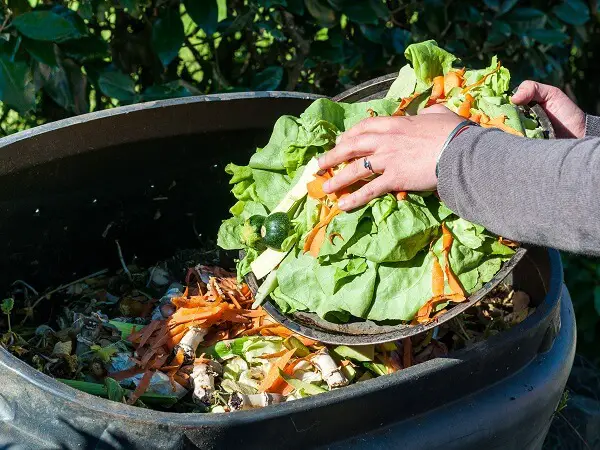
Don’t forget the smell that will come from your compost if you use cooking oil. Cooking oils will change the moisture level in your compost pile, making it stink even more.
11. Personal Hygiene Products
Don't put any personal hygiene products in your compost, especially if they have human blood or other bodily fluids on them. It poses a significant health risk and can cause the spread of bacteria in your compost pile.
Products to avoid adding include:
- Tampons
- Sanitary Napkins
- Diapers
- Tissue Papers
12. Diseased Plants
This one seems quite obvious, but never use your compost as a way to dispose of diseased plants. Bacteria and diseases can live in a warm environment created by a compost. The interior of compost is warm!
Later, when you spread the compost over your garden beds, you'll reinfect your plants with your compost — not a good idea. Always burn diseased plants.
13. Plants Sprayed with Pesticides
Plants with pesticides or herbicides sprayed on them aren’t a good idea either. Those sprays are full of toxic chemicals that will spread throughout your compost. Then, you’ll layer it into your garden, and it’ll be absorbed into the soil.
14. Dairy Products
Just like meat products, avoid composting any dairy products such as milk, cheese, and butter. They’ll attract pests and rodents as well as make your compost pile stink. A properly balanced compost pile doesn’t stink.
A Few Other Things to Avoid
This list is far from exhaustive. One thing to note is that you need to limit the number of citrus peels and onions that you put into your compost. Citrus peels are high in acid, and it can throw off the balance of your compost, plus they decompose rather slowly. Worms do NOT like citrus or onion peels.
Composting is a Balance
Composting requires a balance between green and brown materials. Green materials are items that are living and brown materials used to be living. Brown materials are carbon-rich, and green materials have plenty of nitrogen. If you don't have the proper balance, you'll encounter problems.
- An excess of green materials can lead to a stinky compost or one that is too wet.
- Too much brown materials cause the decomposition to slow to a screeching halt.
There are a lot of theories behind the proper ratio of green and brown materials. In general, you want two or three parts green to one part brown. A “part” is subjective. For example, one part might be a 5-gallon bucket. So, you might add two or three 5-gallon buckets of green materials and one 5-gallon bucket of brown materials.
So, what can you add to your compost? Here are a few of the hundreds of compostable items.
| Brown Materials | Green Materials |
|
|
Make Sure You Compost Correctly
Composting isn’t rocket science, but it does require a bit of forethought and planning. You want to make sure you’re putting the right items into the compost in correct portions. Also, remember not to put any of these 14 items into a compost. They’ll cause problems and potentially ruin your compost.
To learn more, be sure to read our article, Composting 101.
Like this post? Don't forget to Pin It on Pinterest!

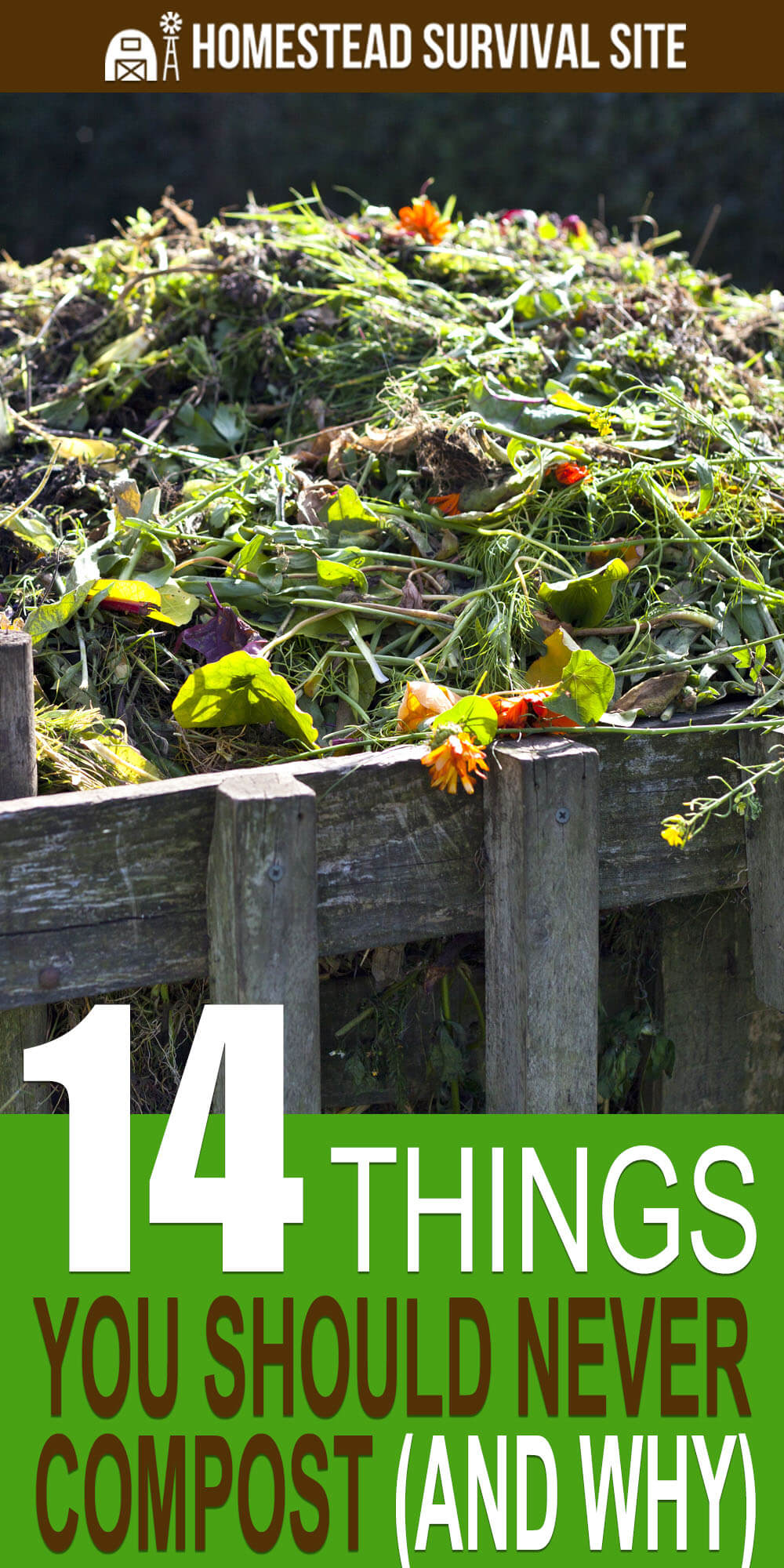



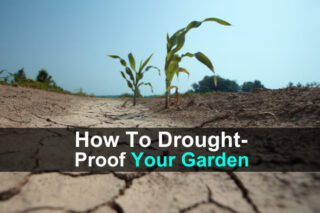
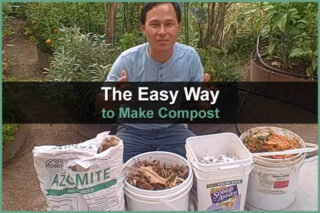
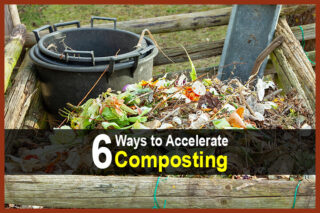
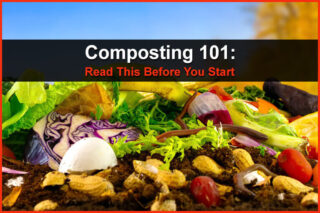
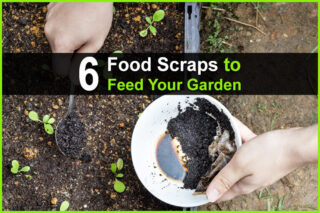
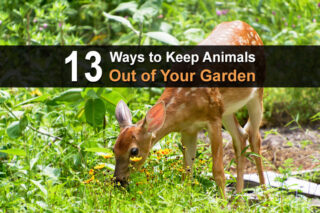
Nice article, very helpful.
You mentioned tree branches and limbs, when I build a box garden I break those up and fill the box about 6 to eight inches from the top then add the soil.
The limbs and branches will decompose over time and turn back into dirt, saves a little money too.
That’s a great tip, thanks for sharing!
I didn’t see a listing for plywood sawdust it seems no one can give a answer and explain why.
It is treated therefore the chemicals would contaminate your garden/plants